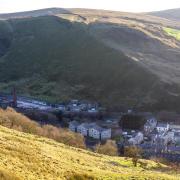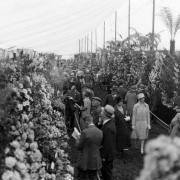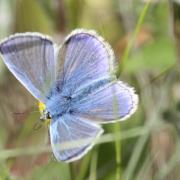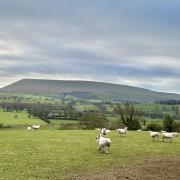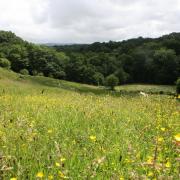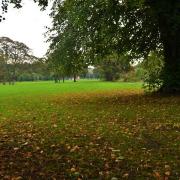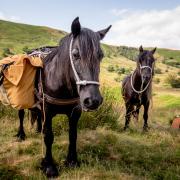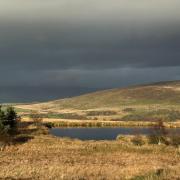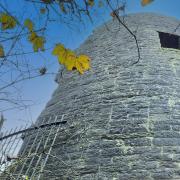Poet Janet Routh has taken inspiration from living near remote Bowland to chart the falling seasons in this remarkable part of Lancashire. Sue Riley met her

For four decades Jane Routh has been observing the changing seasons on her patch of land on the edge of the Forest of Bowland; she finally started making notes about it all four years ago with no intention of them ever being published.
This year all that changed when Falling Into Place, a slim volume documenting the flora, fauna, weather and agriculture throughout the year was printed. ‘It’s something I wrote originally for my own interest and pleasure, because I know how much one forgets things. It was about remembering all the things I value about living here,’ she says.
The book is both a reflection and celebration of her 30 acres near Wray which the poet says she is ‘holding’ for the next generation. Some of the acreage is let for sheep, hay and winter grazing. Other is new woodland - Jane estimates she has planted more than 10,000 trees, mainly oak, ash and cherry, over the years. She also has geese, as many as 60 at one point although the flock is depleted due to badger attacks.
She also writes about the past: how the former moorland was drained in the 18th century and turned into fields, why the hedges were planted and her connections with people who lived on the land before her.
Jane came across the derelict building in the middle of a hayfield more than 40 years ago when she was living in nearby Hornby. ‘I had this “I must live here” experience. It felt very compelling.’ So she bought the former farm worker’s cottage and set about recreating the garden, digging up more than 100 pieces of clay pipes in the process which set her thinking about the land’s former inhabitants. ‘There’s no connection between that man who smoked all those pipes in the garden but I feel very connected to him.’
When she left her job as a photography lecturer at Lancaster she attended sustainability courses and began to have more time to appreciate her surroundings. Around that time she also bought more land to the north (she’s planted a woodland creating a windbreak) and seven acres of ancient semi woodland ( pre-1640) along the River Hyndburn so steep and unmanageable that the whole plot cost her just £500.
She’s done a little planting there and the woodland floor is slowly recovering with bluebells and wild garlic. In her book, Jane writes: ‘Without cattle and sheep to poach it, the mud of the Old Wood’s returned to woodland floor, this week brilliant green and stinking with wild garlic (soon to be starry.’
She says she learns as she goes along having been brought up in cities, although she moved to the country as soon as she was independent. However it was only when she gave up her full-time job 20 years that she started ‘to see’ what was around her. This time of huge change in her life also lead to her writing poetry. She has published three books, her first, Circumnavigation, was shortlisted for the prestigious Forward Prize for best first collection). Her poetry - when it’s not about her love of sailing or human relationships - is inspired by the land. ‘About the time I stopped work I was spending more time here and I would see more. Because I had not been here doing the day creatures would feel comfortable here. A lot of creatures lived here as well, as many still do,’ she said, referring to the stoats which have lived in the roof of her home for years.
The more she noticed, the more notes she wrote. ‘I can be obsessive, pages of things,’ she said. ‘I have been interested in memory for a long time and how memory works. My mother’s memory had started to fade and I had read a lot, our memories do not record facts but explanations for our lives. It was keeping the memories that I value for when I lose them, but I will not lose them as I have written them down,’ she said.
Falling into Place by Jane Routh is published by Smith/Doorstop Books, priced £8.99




